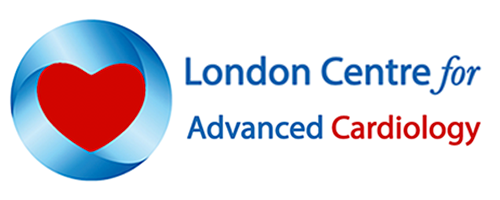High blood pressure (hypertension) means that the long-term force of the blood against your artery walls is high enough that it may eventually cause health problems, such as heart disease including heart attack and stroke. If you suffer from this condition your blood pressure is continually higher than the recommended level. It rarely has noticea- ble symptoms. It is often referred to as ‘the silent killer’.
According to the NHS England around 30% of peo- ple in England have high blood pressure
How to measure your blood pressure:
Blood pressure testing is available in a variety of settings:
•At your GP surgery by a GP, practice nurse, healthcare assistant or self-service machine
•At home – you can check blood pressure your- self with a home testing kit
Healthy adults aged over 40 should have their blood pressure checked at least once every five years.
Who is at risk?
Your chances of having high blood pressure increase as you get older. There is often no clear cause of high blood pressure but you are at increased risk if you:
- are overweight
- have a relative with high blood pressure
- smoke
- eat too much salt
- don’t eat enough fruit and vegetables
- don’t do enough exercise
- drink too much coffee (or other caffeine-based drinks)
- drink too much alcohol
Improve your blood pressure
High blood pressure in midlife increases the risk of cognitive decline in old age. Use lifestyle modification to keep your pressure as low as possible. Stay lean, exercise regularly, limit your alcohol, reduce stress, and eat right
Symptoms
Many people with high blood pressure may have headaches, shortness of breath or nosebleeds, but these signs and symptoms aren’t specific and usually don’t occur until high blood pressure has reached a severe or life-threatening stage
Prevention
- You can take steps to prevent high blood pressure by:•losing weight if you need to
- Reducing the amount of salt you eat
- Exercising regularly•eating a healthy diet
- Cutting back if you drink too much alcohol•stopping smoking
- Cutting down on caffeine
Treating high blood pressure
- You can take effective steps to lower your blood pressure with changes to your lifestyle and by taking medication.
- In all cases, you can benefit from making some simple lifestyle changes such as eating a healthy diet and reducing your alcohol and cigarette intake. Whether you are also recommended to take medication will depend on your blood pressure level and your risk of developing a cardiovascular disease, such as a heart attack, stroke or kidney failure.
- If your blood pressure is consistently above 140/90mmHg (or 135/85mmHg at home) but your risk of cardiovascu- lar disease is low – you should be able to lower your blood pressure by making some changes to your lifestyle . You may be offered yearly blood pressure assessments.
- If your blood pressure is consistently above 140/90mmHg (or 135/85mmHg at home) but below 160/100mmHg – you will be offered medication to lower your blood pressure if you have existing or high risk of cardiovascular dis- ease.
- If your blood pressure is consistently above 160/100mmHg – you will be offered medication to lower your blood pressure.
- The first medication you are offered will depend on your age.
- If you are under 55 years old – you will usually be offered an ACE inhibitor or an angiotensin receptor blocker (ARB). If you are 55 or older you will usually be offered a calcium blocker.
- If you are aged 50 or older, the best effective treatment is lifestyle changes. Eat less and exercise 15-20 minutes a day.
